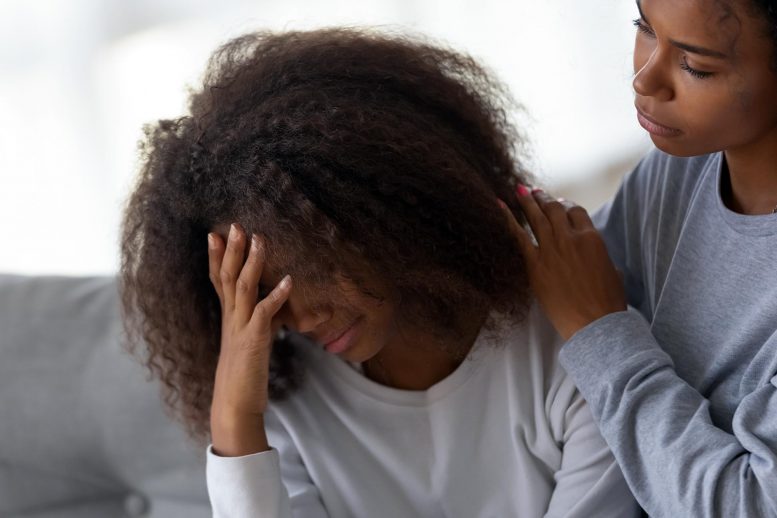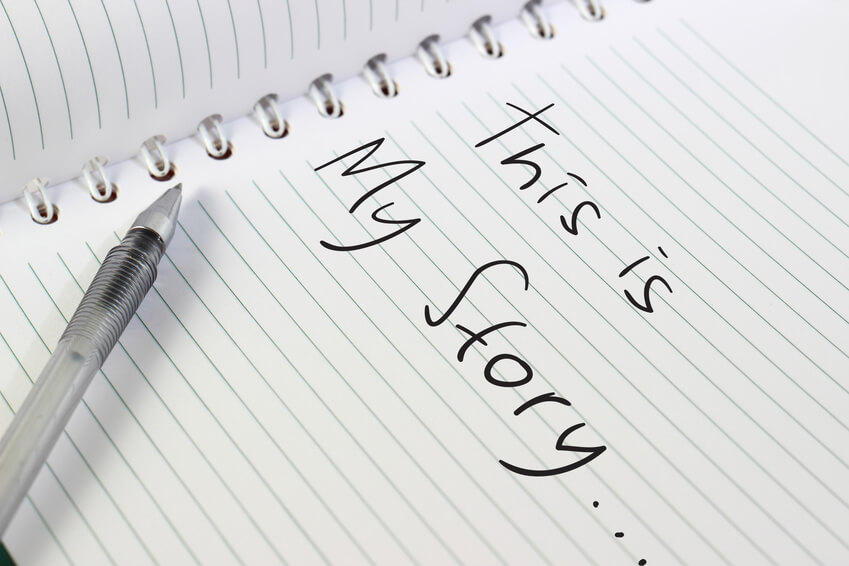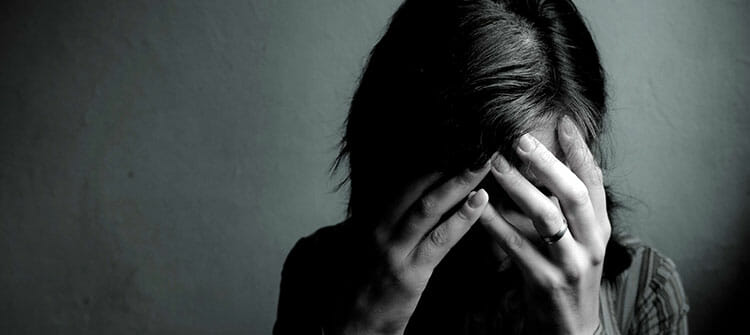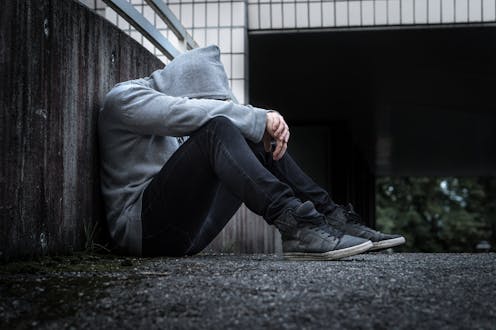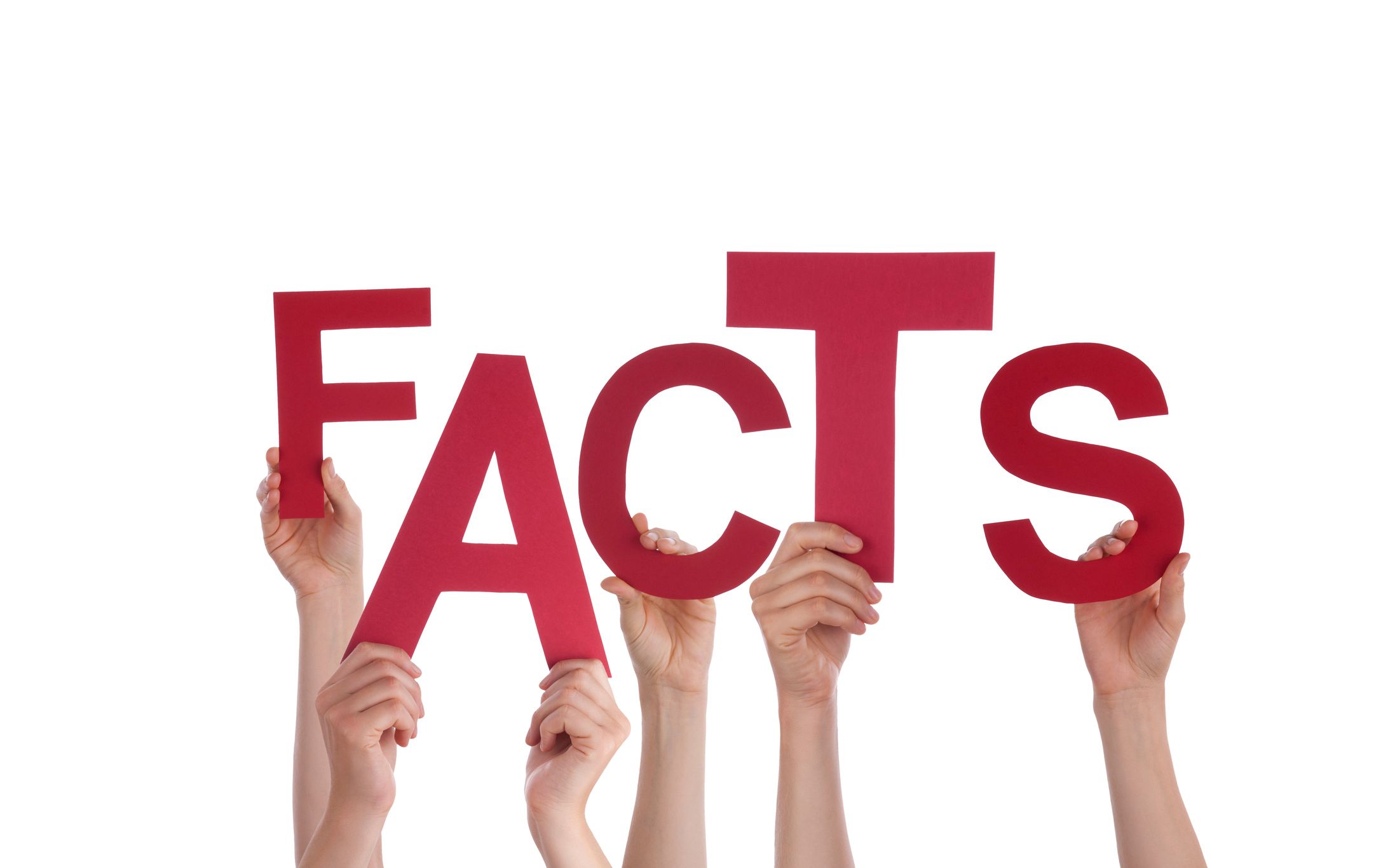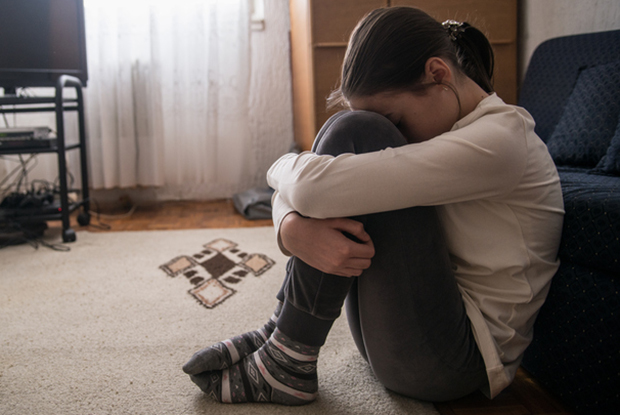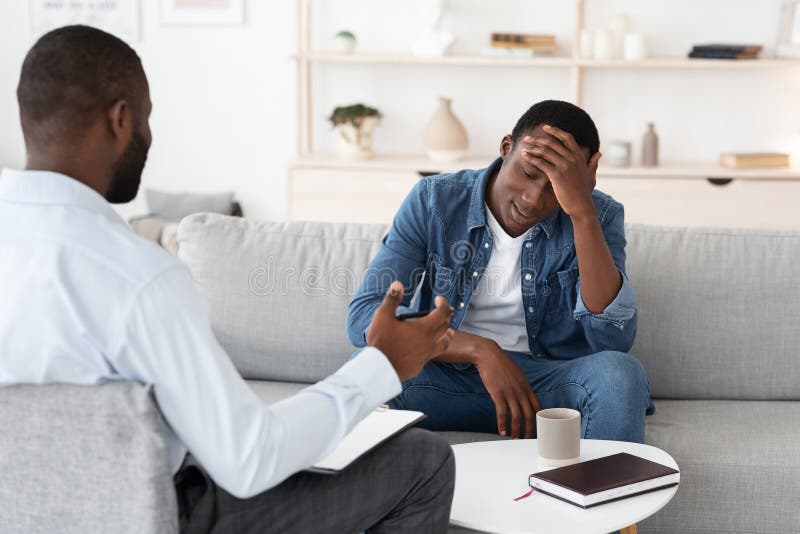Everything You Want to Know About depression.
What is depression?
Depression is usually referred as a mood disorder. It can also be a feelings of sadness, lonely, or anger that interfere with a person's day-to-day activities.
It's very common in the world today.
People experience depression in different ways. It may affect your daily work, resulting in lost time and poor productivity. It can also affect relationships negatively and worst health conditions.
Health condition that get worst include;
- Asthma
- Cancer
- Diabetes
- Cardiovascular disease
- Obesity
It’s important to realize that feeling down at times is a normal part of life. Sad and annoying events happen to everyone. But, if you’re feeling down or hopeless on a regular basis, you could be dealing with depression.
Depression is a serious medical condition that can get worse without proper treatment. Those who seek treatment often see improvements in symptoms in just a few weeks.
Depression symptoms
Depression can be more than a constant state of sadness or feeling “blue.”
Major depression can cause a different of symptoms. Some affect your mood, while others affect your body. Symptoms may also be persist or come and go.
The symptoms of depression can be experienced differently among men, women, and children in different ways.
Men may experience symptoms related to their:
mood, such as anger, aggressiveness, irritability, anxiousness, restlessness
emotional well-being, such as feeling empty, sad, hopeless behavior, such as loss of interest, no longer finding pleasure in favorite activities, feeling tired so easy, thoughts of suicide, drinking excessively, using drugs, engaging in high-risk activities,
sexual interest, such as reduced sexual desire, lack of sexual performance
cognitive abilities, such as inability to concentrate, difficulty completing tasks, delayed responses during conversations
sleep patterns, such as insomnia, restless sleep, excessive sleepiness, not sleeping through the night, physical well-being, such as fatigue, pains, headache, digestive problems.
Women may experience symptoms related to their:
mood, such as irritability
emotional well-being, such as feeling sad or empty, anxious or hopeless
behavior, such as loss of interest in activities, avoid social networking, thoughts of suicide, thinking or talking more slowly, sleep pattern, decreased energy, greater fatigue, changes in appetite, weight changes, aches, pain, headaches, increased cramps
Children may experience symptoms related to their:
mood, such as irritability, anger, mood swings, crying
emotional well-being, such as feelings of incompetence (e.g. “I can’t do anything right”) or despair, crying, intense sad behavior, such as getting into trouble at school or refusing to go to school, avoiding friends or siblings, thoughts of death or suicide, cognitive abilities, such as difficulty concentrating, decline in school performance, changes in grades,
sleeping difficulty loss of energy, digestive problems, changes in appetite, weight loss.
There isn’t a single test to diagnose depression. But your healthcare provider can make a diagnosis based on your symptoms and a psychological evaluation.
In most cases, they’ll ask a series of questions about your:
moods
appetite
sleep pattern
activity level
thoughts
Because depression can be linked to other health problems, your healthcare provider may also conduct a physical examination and order blood work. Sometimes thyroid problems or a vitamin D deficiency can trigger symptoms of depression.
Don’t ignore symptoms of depression. If your mood doesn’t improve or gets worse, seek medical help. Depression is a serious mental health illness with the potential for complications.
If left untreated, complications can include:
weight gain or loss
physical pain
substance use problems
panic attacks
relationship problems
social isolation
thoughts of suicide.
Depression can be temporary, or it can be a long-term challenge. Treatment doesn’t always make your depression go away completely.
However, treatment often makes symptoms more manageable. Managing symptoms of depression involves finding the right combination of medications and therapies.
If one treatment doesn’t work, talk with your healthcare provider. They can help you create a different treatment plan that may work better in helping you manage your condition.
